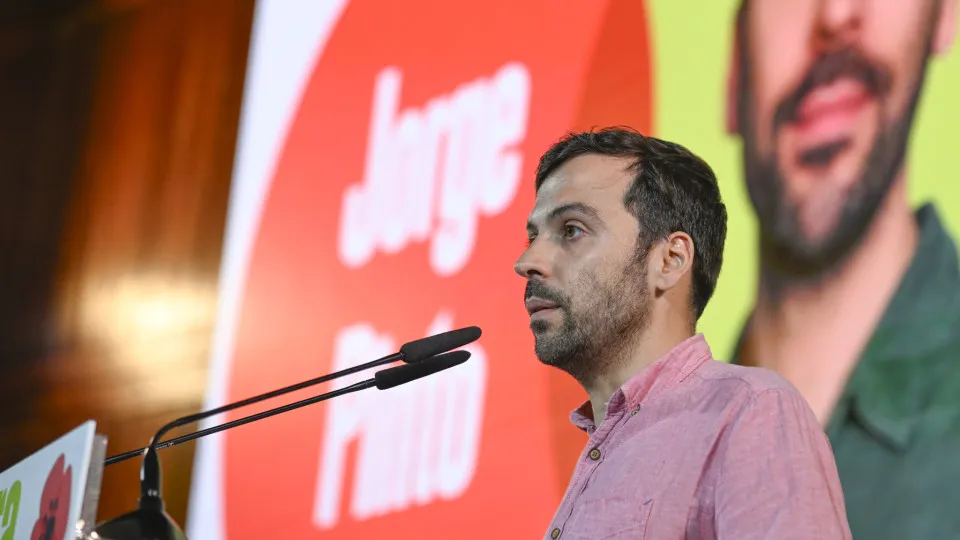
“What seems very important here is, given the way this law reaches Belém again, to say with complete clarity that it is important that there are no constitutional doubts regarding what the Government is proposing. And if there is a group of deputies that will make this request, very well, but that doesn’t mean that the President of the Republic cannot also make this request,” he stated.
Jorge Pinto stressed, “It is his competence, his power, and it is a sign that gives Portuguese people confidence that he remains vigilant and continues to want the Constitution to be respected, because that’s what the President of the Republic must do above all else: respect, defend, and enforce the Constitution.”
The candidate supported by Livre noted that, if he were head of state, he would also ask the Constitutional Court to give its opinion.
However, he expressed concern that Marcelo Rebelo de Sousa might not make that decision and appreciated that there are those in the Assembly of the Republic using the tools at their disposal to request the TC’s review.
Jorge Pinto spoke to journalists before engaging with students at the Cantina Velha of the University of Lisbon.
The presidential candidate for the upcoming January 18 elections commented that the Government also appears “not very confident in regard to the constitutionality of what it proposes” and noted that separating issues and applying nationality loss as an accessory penalty for certain crimes was “not by chance.”
Jorge Pinto, also a deputy for Livre and backed by the party, said he will “most likely” endorse the request made by the PS but left the decision to parliamentary leadership.
On Thursday, the President of the Republic stated that, following a PS request for a preventive review of the Nationality Law, he will await the Constitutional Court’s opinion before possibly “considering the law politically.”
At that moment, Jorge Pinto was also questioned about the Government’s intended labor law changes and insisted that, if president, he would veto them because “they all weaken workers’ rights.”
The deputy further mentioned that, due to “constitutional doubts,” he would request preventive oversight.
“What is on the table is more precariousness, fewer rights for workers and their families, and a retreat from significant achievements we have made over the years, and this in a country like Portugal, which is the second in Europe with the most precarious workers. We should provide stability, conditions, and higher wages,” he argued.
The candidate for Belém also accused the government of hiding these intentions and expressed curiosity about “who is siding with the Government in this desire to bring more precariousness.”
Jorge Pinto stated that “a deep change to labor law must go through social dialogue” and emphasized the necessity of “listening to the workers.”
The candidate was at the Cantina Velha of the University of Lisbon today, accompanied by supporters, engaging with young individuals and encouraging participation in the collection of signatures to formalize his candidacy.
Earlier, Jorge Pinto told journalists that his candidacy “aims to be, and will be, an intergenerational candidacy, so that both the older and younger generations can respond to what is the country’s great call at such a critical moment.”




